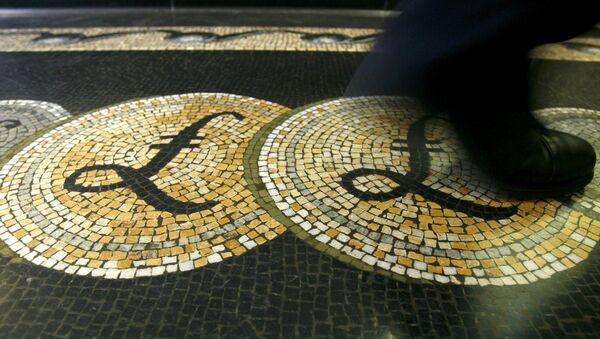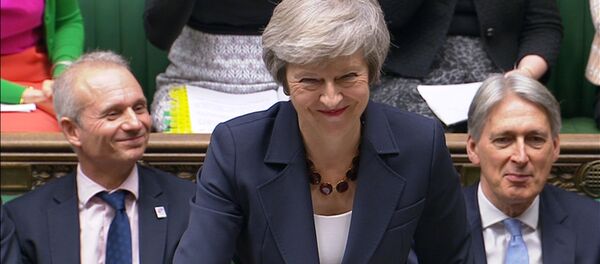"We welcome the transition arrangements at the heart of the withdrawal agreement… Our job is to put the financial sector in a position where it is resilient, where it can take a large shock, and this would be a large negative shock to the economy, no deal, no transition," he said.
With just months left before the exit next March, the blueprint needs the endorsement of the UK parliament where it faces an uphill struggle after opposition lawmakers and rebel Conservatives said they would vote against it.
The United Kingdom voted to leave the European Union in a referendum in June 2016 and is expected to do so by late March 2019 despite a number of stumbling blocks that impede talks, namely, the Irish border and the post-Brexit UK-EU economic relations.
However, Rebel Conservatives and opposition Labor lawmakers have been calling on the government to allow the repeat of the vote after the Brexit draft deal was unveiled last week. In turn, Theresa May has repeatedly and emphatically rejected the possibility of a second referendum, saying it was her responsibility to deliver on the 2016 vote.




